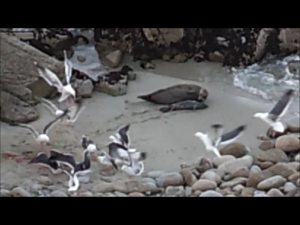 How do we ensure our children and our children’s children will still have clean air to breath, the beauty of the Great Lakes, and the breathtaking ocean views from our Monterey Peninsula? How does the way we conduct business affect our air quality? Where does wastewater end up? Are we depleting all of our potable water resources? Are companies properly handling hazardous waste? Where will we put our solid waste in 50 years? Are civil engineers properly considering environmental issues in tribal lands? These questions and many more are being studied by professionals in environmental science, chemistry, and environmental justice.
How do we ensure our children and our children’s children will still have clean air to breath, the beauty of the Great Lakes, and the breathtaking ocean views from our Monterey Peninsula? How does the way we conduct business affect our air quality? Where does wastewater end up? Are we depleting all of our potable water resources? Are companies properly handling hazardous waste? Where will we put our solid waste in 50 years? Are civil engineers properly considering environmental issues in tribal lands? These questions and many more are being studied by professionals in environmental science, chemistry, and environmental justice.
Today, we all must think about our impact on earth. Increasing climate change and accumulating waste threaten our survival. We must find more sustainable methods. We need to support laws that help protect our environmental health, which will, in turn, help our public health.
Whether you feel like helping save Mother Earth, decrease our dependence on foreign oil, or fight for our sea friends, even the sharks, you need to get your message out in more than one language. We at Monterey Languages Services can help carry your environmental message in different languages with our conference translation and interpretation services. Please feel free to contact us for more information.
By Melissa P. Coyne


 The idea of being able to pinpoint the origin, migration, and evolution of modern day language has kept scientists fascinated ever since there has been technology which allows them do so. The latest of this research was conducted by New Zealand scientists and suggests that the Indo-European language family is descended from a language that emerged in Turkey up to 9,500 years ago!
The idea of being able to pinpoint the origin, migration, and evolution of modern day language has kept scientists fascinated ever since there has been technology which allows them do so. The latest of this research was conducted by New Zealand scientists and suggests that the Indo-European language family is descended from a language that emerged in Turkey up to 9,500 years ago!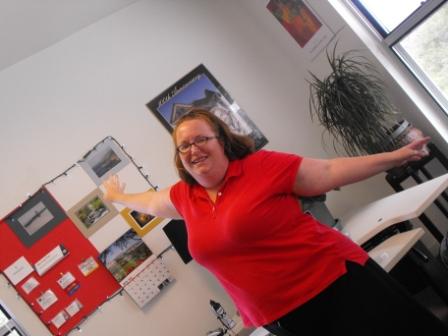 “Top of the mornin to ya!” means a heartfelt “Good morning!” in idiomatic Irish/American. Yet none of the following word for word translations convey the true meaning of the phrase.
“Top of the mornin to ya!” means a heartfelt “Good morning!” in idiomatic Irish/American. Yet none of the following word for word translations convey the true meaning of the phrase. Large international conferences require interpretation in many different languages. It takes a great deal of preparation, equipment and teamwork to make the conferences successful. Can you imagine the complicated logistics involved?
Large international conferences require interpretation in many different languages. It takes a great deal of preparation, equipment and teamwork to make the conferences successful. Can you imagine the complicated logistics involved?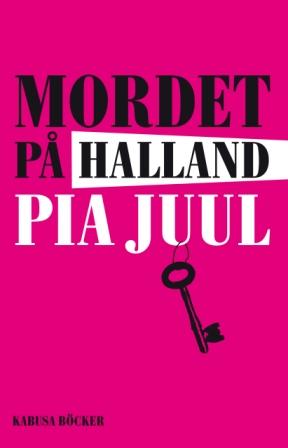 Only three percent of the books published in the United States are translated works originally written in another language. This is compared to France, where 14 percent of their books sold from a translated source and eight percent in Germany. In these countries, two-thirds of translated books are from English.
Only three percent of the books published in the United States are translated works originally written in another language. This is compared to France, where 14 percent of their books sold from a translated source and eight percent in Germany. In these countries, two-thirds of translated books are from English.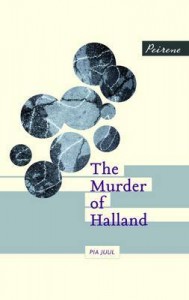 Some of these novels have received the highest honor in their country just to get translated into English, and most rarely make it that far. Danish poet and author Pia Juul said it was “a miracle” when her award-winning novel was published into English because “hardly any Danish authors are.” Because of this “cultural crisis,” there are many books that English-readers miss out on because there is no reliable market for books from another language.
Some of these novels have received the highest honor in their country just to get translated into English, and most rarely make it that far. Danish poet and author Pia Juul said it was “a miracle” when her award-winning novel was published into English because “hardly any Danish authors are.” Because of this “cultural crisis,” there are many books that English-readers miss out on because there is no reliable market for books from another language.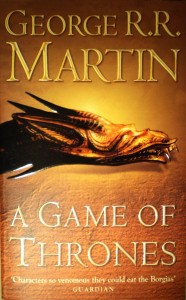 One of the most difficult tasks for translators all around the world isn’t translating documents, spreadsheets, PowerPoint, and other items of that sort; it’s actually translating books, novels, and other forms of literature. The reason a lot of translators consider this type of work to be harder is due to the addition of feelings, tones, or emotions that you won’t find in a business type document.
One of the most difficult tasks for translators all around the world isn’t translating documents, spreadsheets, PowerPoint, and other items of that sort; it’s actually translating books, novels, and other forms of literature. The reason a lot of translators consider this type of work to be harder is due to the addition of feelings, tones, or emotions that you won’t find in a business type document. In a previous blog, we explained various means of delivering Whisper Interpretation. In fact, all simultaneous interpretation involves
In a previous blog, we explained various means of delivering Whisper Interpretation. In fact, all simultaneous interpretation involves  A lot of people don’t necessarily understand how many services a language company like
A lot of people don’t necessarily understand how many services a language company like 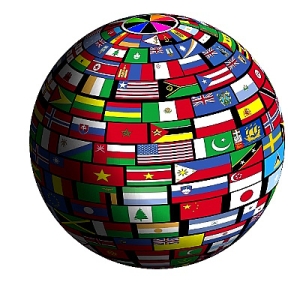 Last week we shared a blog about the JAWS computer software for the blind. This program is a type of localization software that essentially transforms seeing people’s communication into something the blind or hard-of-sight can also take part in. This idea of changing parts of the web from one form of language to another is not uncommon; rather it is a very useful and popular tool.
Last week we shared a blog about the JAWS computer software for the blind. This program is a type of localization software that essentially transforms seeing people’s communication into something the blind or hard-of-sight can also take part in. This idea of changing parts of the web from one form of language to another is not uncommon; rather it is a very useful and popular tool. In Whisper Interpretation, the interpreter whispers the interpretation into the client’s ear. The goal of Whisper Interpretation is always the same – to communicate the meaning to the client without disrupting the presentation, show, or conference.
In Whisper Interpretation, the interpreter whispers the interpretation into the client’s ear. The goal of Whisper Interpretation is always the same – to communicate the meaning to the client without disrupting the presentation, show, or conference.

